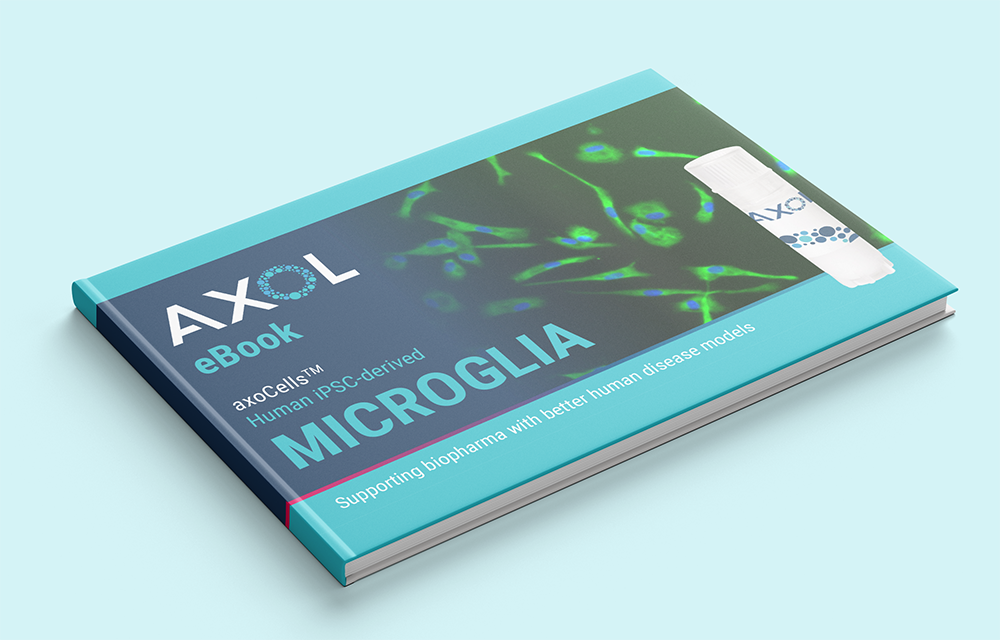Neurodegenerative diseases affect about 15 % of the global population and are on the rise due to aging demographics. Neuroinflammation, driven by the brain’s immune cells known as microglia, is a key factor in these diseases.
Due to microglia’s close link to neurodegenerative diseases like Alzheimer's, ALS, and Parkinson’s, they play an increasingly vital role in in vitro neurodegenerative and neurological disease modeling.
Human iPSC-derived microglia retain the donor's phenotypic characteristics, making them ideal for creating human-relevant model systems. These microglia offer exciting opportunities to test potential therapies in disease-specific models, advancing research and drug discovery.

Discover how iPSC-derived microglia is helping advance neuroinflammation research and disease modeling.
Download the eBook for More Information
eBook highlights
- Overview of iPSC-derived microglia characterization, methods to asses functional relevance, and strategies to ensure quality control
- Insights into how Axol Bioscience conducts its custom lab techniques, such as compound screening, to leverage microglia projects
- Axol’s method for microglia bulk manufacturing and how to achieve excellent functional consistency
This microglia eBook by Axol Bioscience offers valuable insights on overcoming technical challenges, advancing therapy development for patients worldwide, and unlocking the full potential of iPSC technology for your microglia projects.
Download the eBook